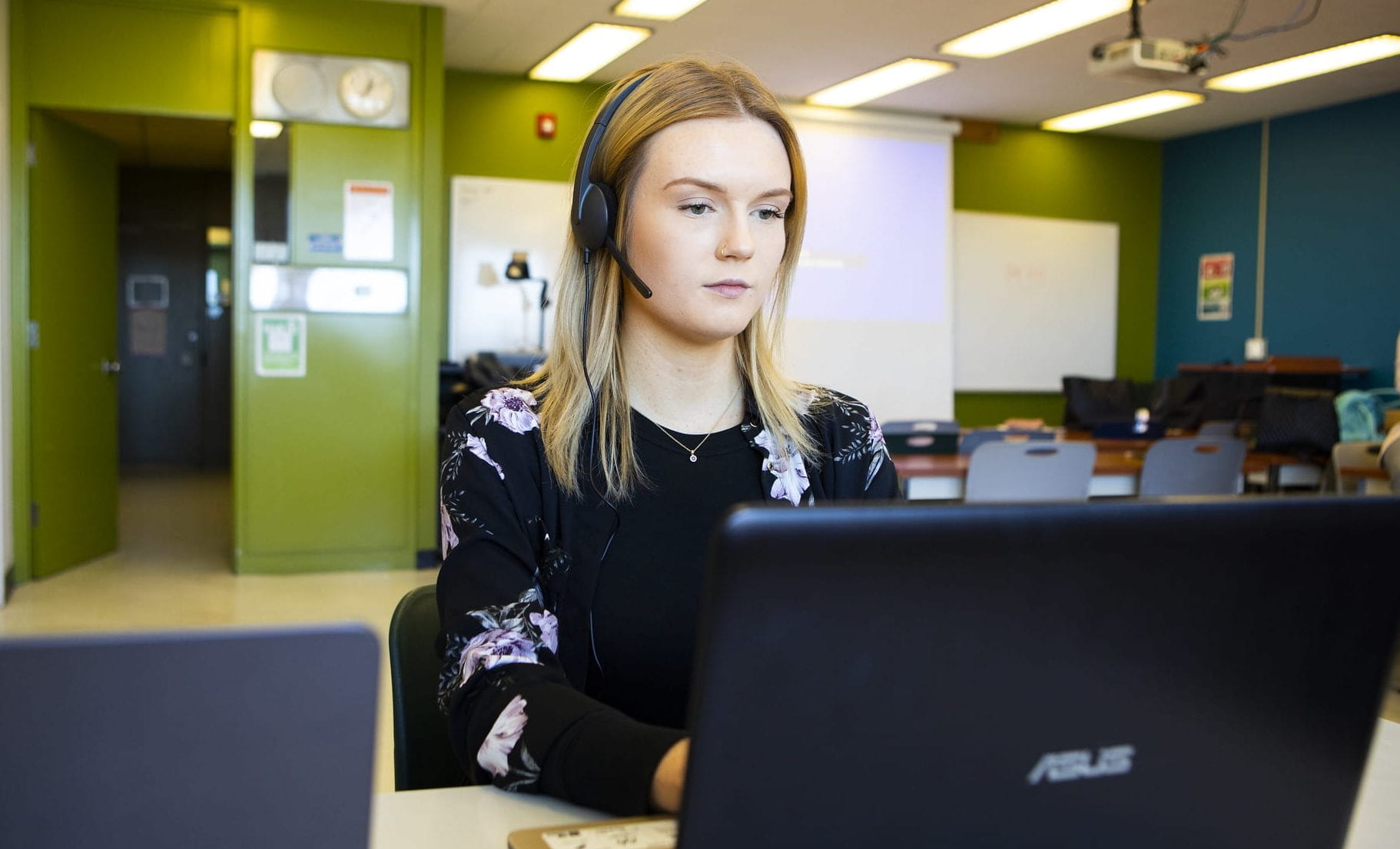Social Isolation and Loneliness: A Pandemic Outcome?
Reflections from RRC Counsellor, Mark Unruh
The experience of loneliness and isolation has inspired much research over the years. On the surface, the terms isolation and loneliness can appear to be synonymous. Looking closer, isolation may very well lead to loneliness, but is it the main cause of feeling lonely?
A national survey in June 2019 by Angus Reid Institute (in partnership with Cardus) attempted to qualify these two dimensions. The resulting report describes social isolation as the number or frequency of interpersonal connections a person has and loneliness as the relative satisfaction with the quality of those connections.
So, isolation can be thought of as an “objective” measure. In the context of the 2020 pandemic, restrictions can limit our interactions. Loneliness, however, is the subjective experience one has despite the context of where and how these connection are experienced. In this context, social isolation may very well affect the quality of those connections, but is it the main cause of loneliness?
The report goes on to describe the relationship between those who connect in more limited ways with people in their own homes and those who extend their connection experiences more broadly. In summary, they conclude that many people who are not isolated still experience loneliness.
The media and social discourse often portray isolation in the wake of this pandemic as the precursor to loneliness, using descriptors like desolation, solitude or trapped. The implication being that social distancing practices are the culprit.
The Angus Reid report supports this view in part, but there must be more to the story since a significant portion of the population are lonely while not isolated. And remember, this study was completed prior to the pandemic. So, how do social distancing and isolation practices influence the degree of loneliness many people are already experiencing?
Learning from research in this area, we can see this time of isolation as our opportunity to focus on the “how” of connecting. By doing this, we can aim to improve the quality of our connections, despite being separated. During this pandemic, we can improve our subjective experience of connection in many ways. We see this occurring already through news reports and in our own experience. The musician who plays for children outside their window, moving from neighbor to neighbor to play another song. The friend who cooks a meal and leaves it on the doorstep for another and then connects by video to share the same food. These are just two examples.
What have you noticed about your way of adapting how you connect in these unprecedented times? What will you be willing to venture as we settle in for ever changing restrictions into the future?
Of course, nothing will ever replace human connection in physical social settings. As we see stories of connection emerging in other ways, it reveals our ability to adapt and connect while we isolate. This is the inoculation that protects us during these pandemic times.
For some opprtunities to stay connected with your RRC community, check out the Recreation Services news.

